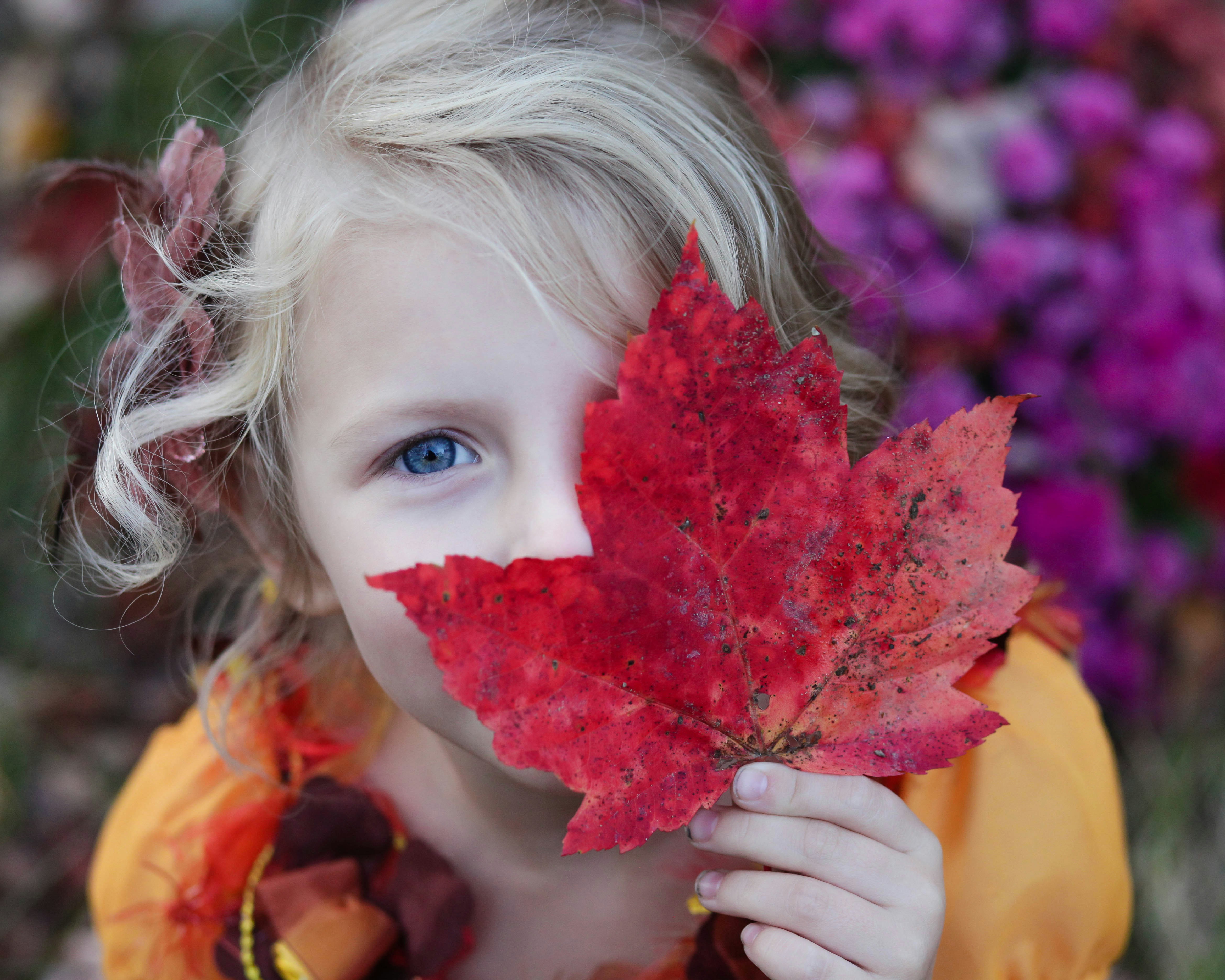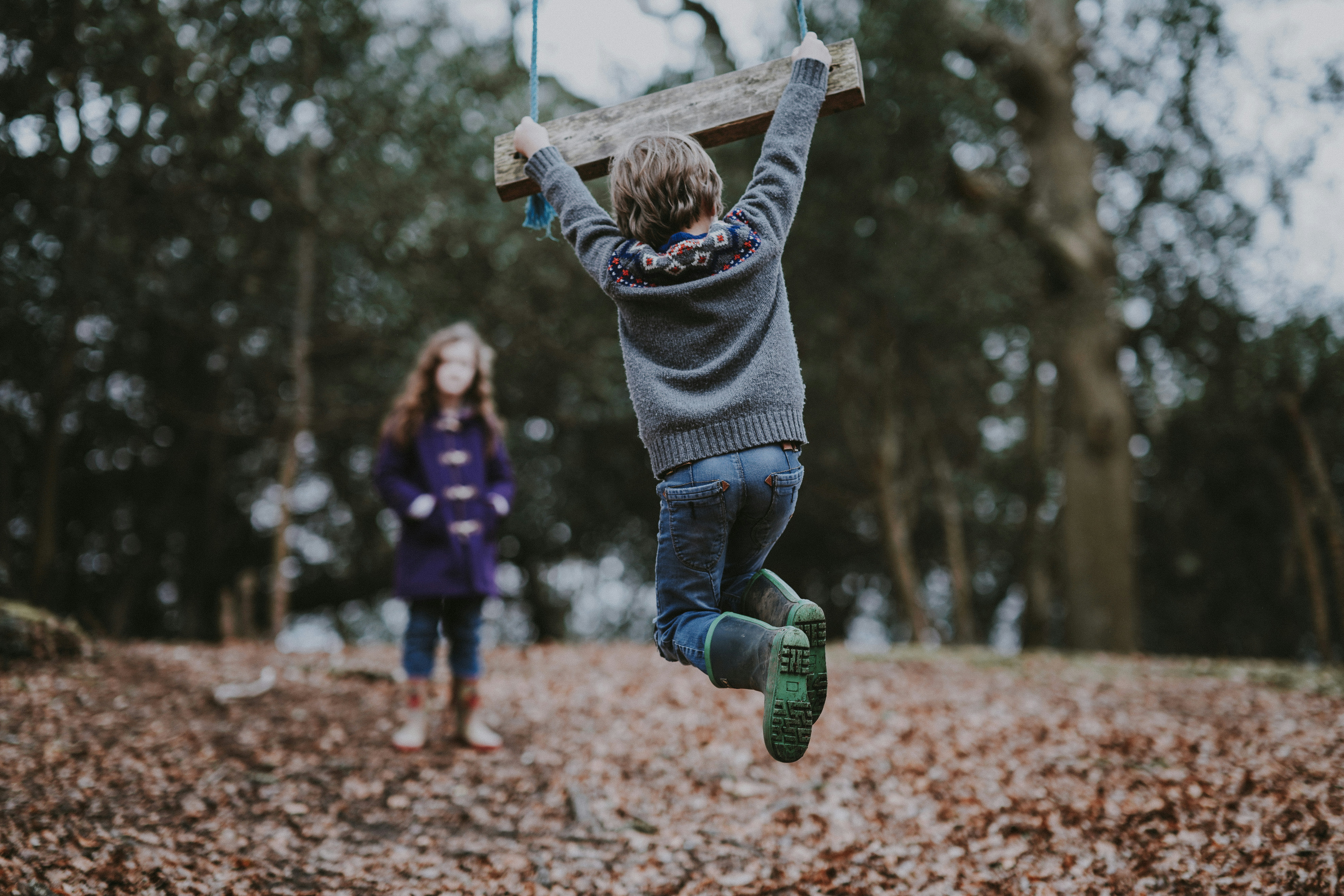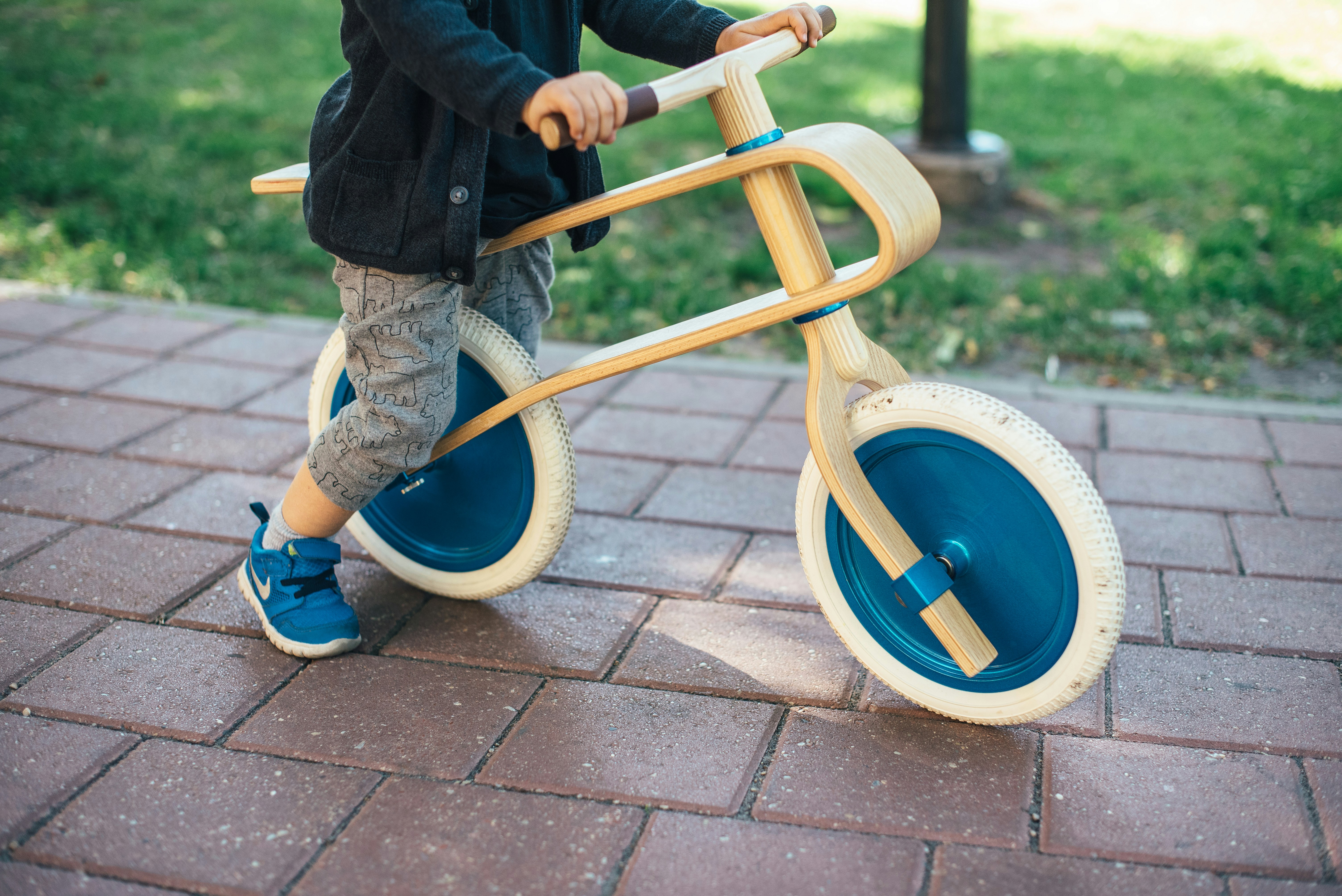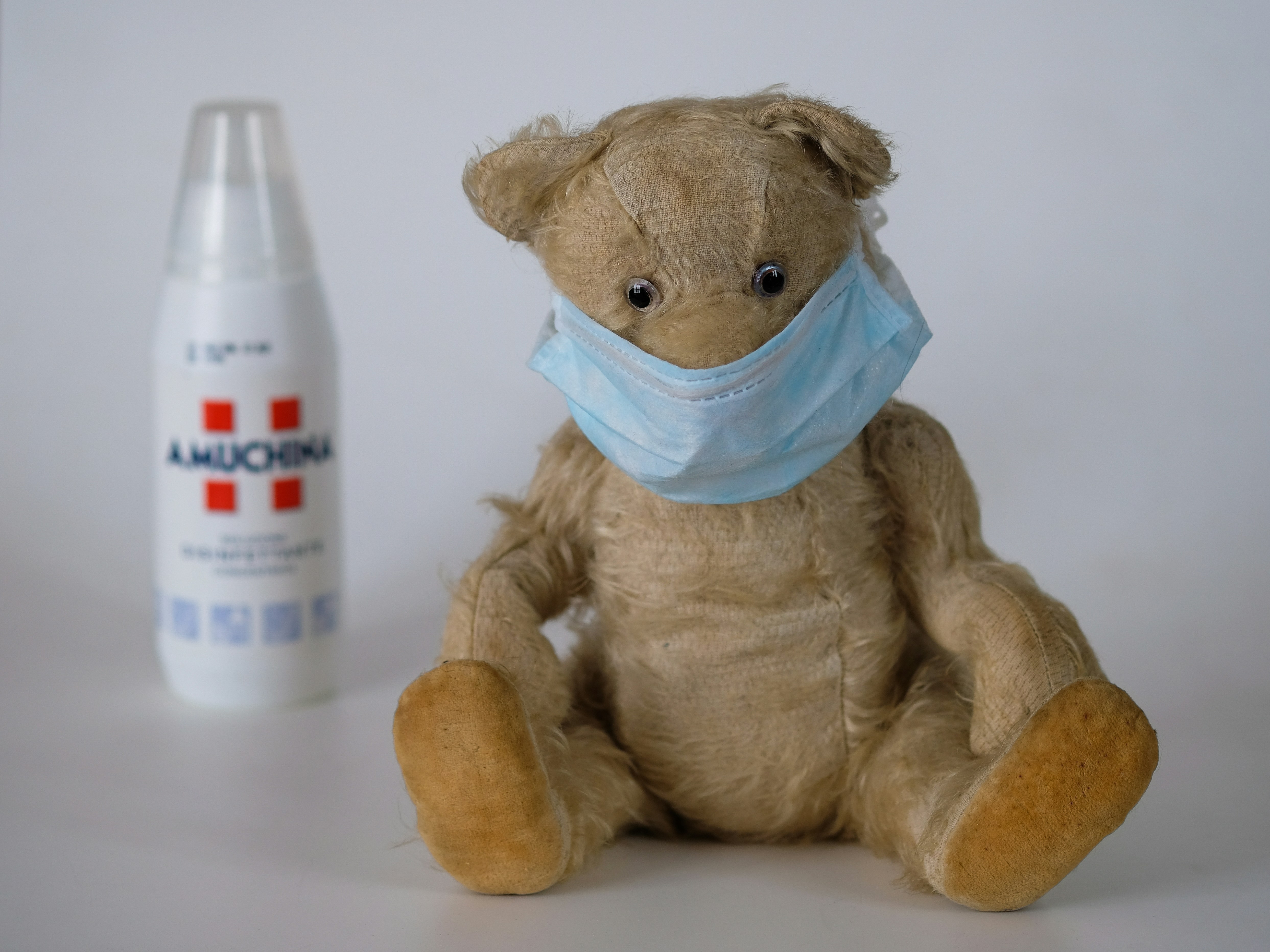Since March of this year, many of our lives have been marked by chaos. The global pandemic known as COVID-19 has swept the world taking people’s health, and even their lives, with it. And while according to the CDC, adults seem to be at higher risk for the disease than children, protecting our kids is still a huge priority. As parents, we want to shield them from anything that could cause them harm or discomfort, but during this time, that task is a little more difficult than usual.
Just because things are difficult, though, doesn’t mean we shouldn’t do what we can. Our little ones count on us to teach them how to protect themselves and stay safe in any situation. That includes teaching them proper hygiene and convincing them to keep their masks on. In addition, there are a few other things you can do that might not have crossed your mind.
1. Prioritize mental health.

Mental health should always be a top priority, both for you and the people you take care of. During times like these, it’s easy to take too much on and allow anxiety and fear to take over your thought life. When this happens, you’re more likely to take out your frustration on those around you. Your children and other loved ones might start to feel the tension you’re feeling. You might even start to become easily annoyed or angered by others.
Instead of letting negative feelings creep up within you, find ways to deal with them ahead of time. For example, find a good therapist you can talk to and keep regular therapy sessions. You can also do the same for your children; no-one is too young to benefit from emotional support. Pay attention to how they’re handling their emotions and if they need to speak to someone, don’t hesitate to find help. A professional can give you the tools to deal with all types of situations. They can recommend activities and strategies to keep you and your children healthy and happy. Just because we are largely in lockdown doesn’t mean help isn’t available. Many therapists are finding ways to help patients while maintaining a social distance, such as counseling people over the phone or online. To find one, you can Google terms like “therapy near me” or “local psychologists.” Make sure to find professionals with experience in what you need, whether it’s a clinical social worker or a psychiatrist.
2. Pay attention to their nutrition.

Medical experts say that the three main vitamins your children need right now to ward off the virus are A, C, and D. Vitamin A can be found in foods like fish, broccoli, and carrots and helps with immunity and growth. Vitamin C also boosts immunity, is a great antioxidant and is found in citrus fruits. Vitamin D is another important vitamin for immunity that you get from many dairy products, but also from spending time in the sunlight.
3. Find safe ways to socialize.

Kids need interaction, but playdates are sort of on hold in this strange time of social distancing. However, it’s possible to find alternative solutions to keep your kids from feeling so isolated. For example, consider organizing an online playdate. This can be a great way to reconnect with friends who don’t live close-by, as well as catching up with neighbors.
4. Make sure they get plenty of exercise

We all need physical activity. It’s essential for our emotional, mental, and physical health. For children, it’s just as important. Exercise helps them sleep better, prevent obesity, and reduce the risk of diabetes. Just like it does for us adults, it reduces stress and improves their mood.
The best thing you can do for yourself and your kids is to participate in physical activities together. Get out and ride bikes, go for a swim, or take the baby for a stroll around the neighborhood. And if you’re worried about exposing your infant to the elements, use something like a Stroller Buzz Universal Rain Cover. This stroller rain cover will not only shield them from the rain, but it will give them a barrier of protection from other germs and viruses, like COVID-19. That way you won’t have to miss out on a daily walk just because of inclement weather.
5. Keep your germs to yourself.

Many people are working from home these days, which might enable them to keep their young children at home as well. But even if this is the case for you or your partner, one of you may still be working outside the home. In these situations, try to be mindful of what you’re bringing home. If you’ve been around people with Coronavirus or its symptoms, keep your loved ones at a distance until you can be tested. This might involve staying in a separate room for a while or even bunking at a hotel for a night or two.